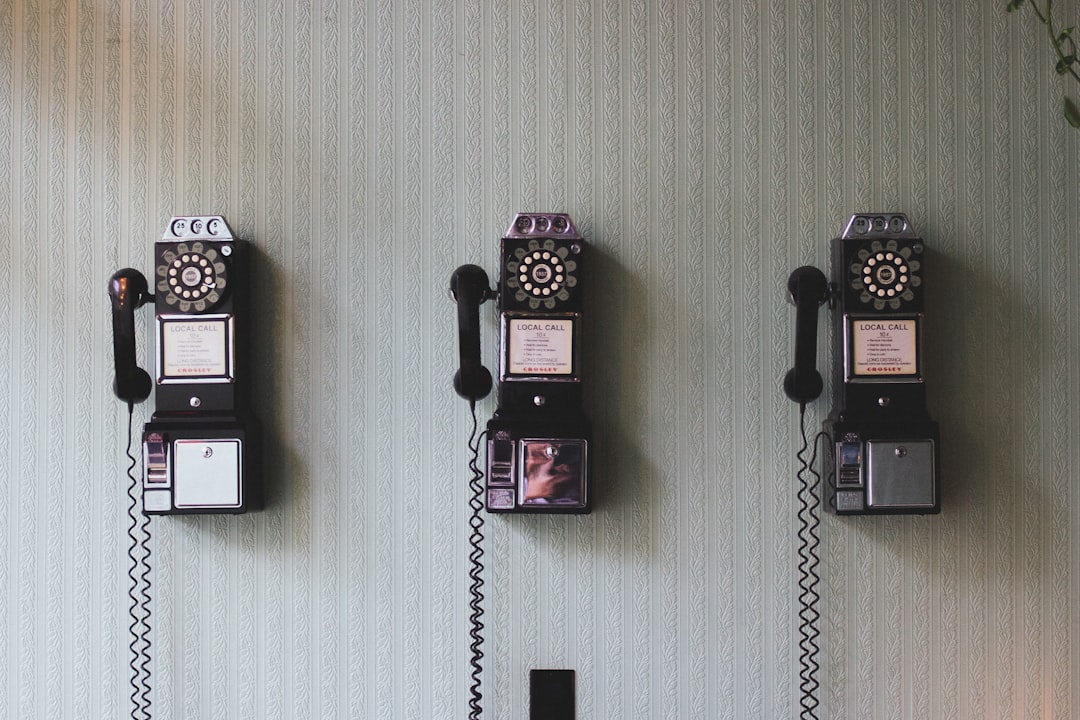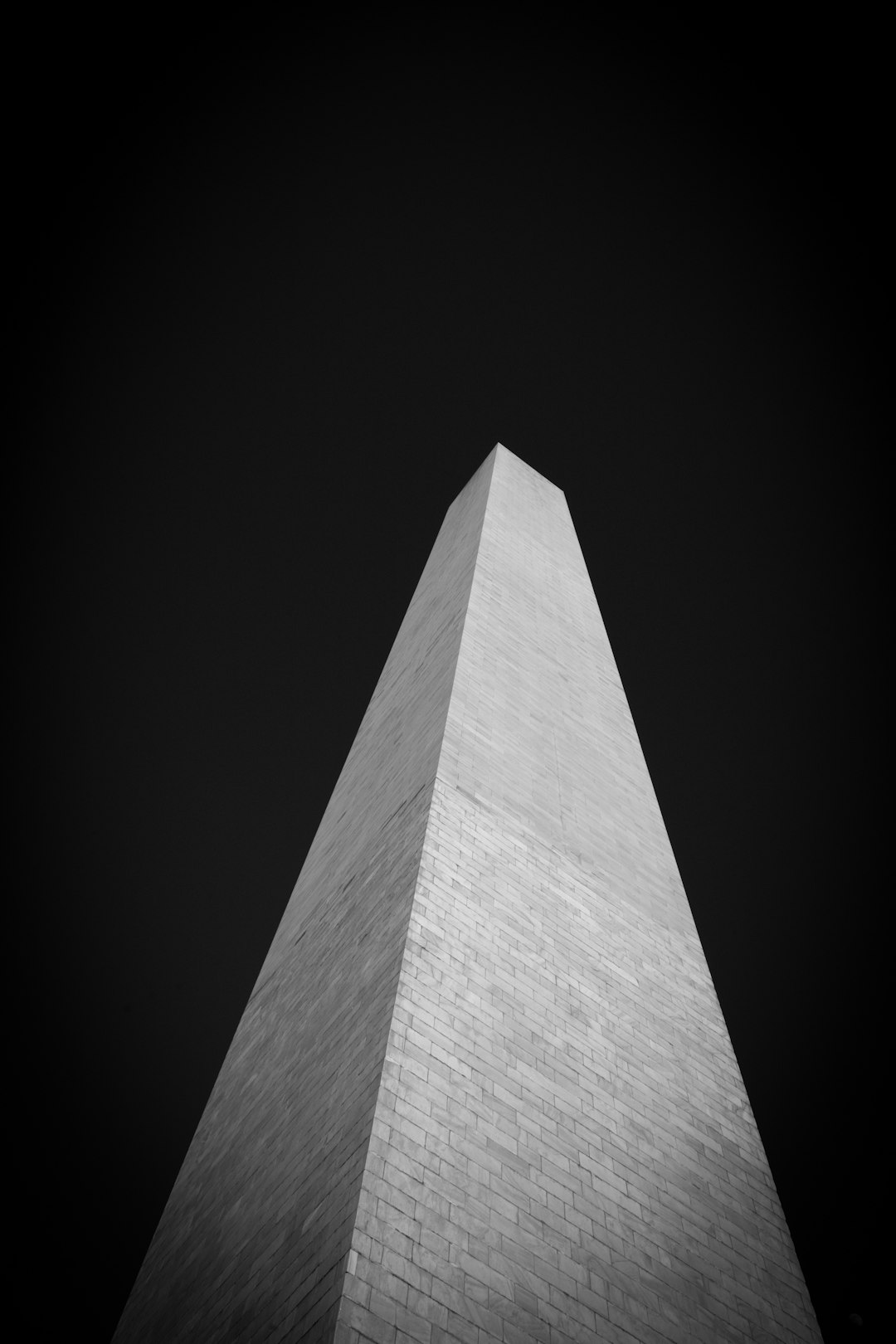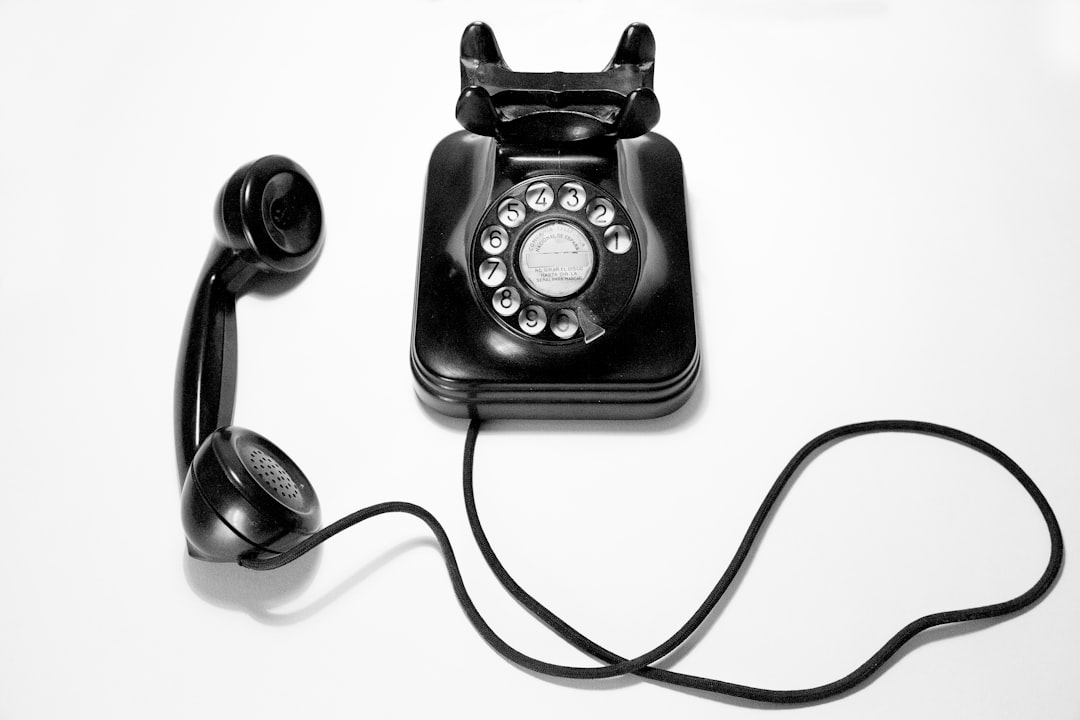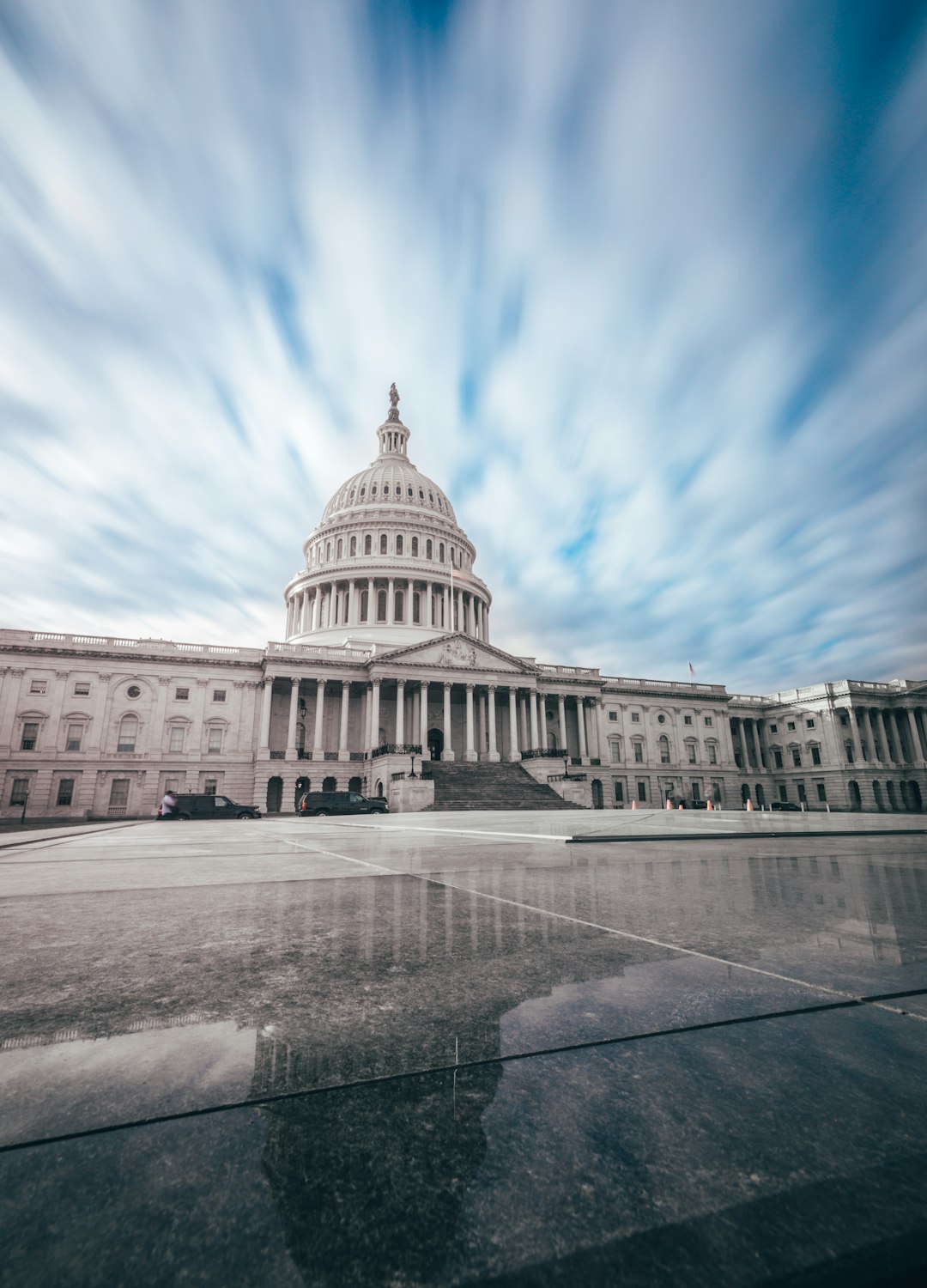In Dayton, Washington state, strict "Do Not Call" laws mirror national standards from the TCPA, protecting residents from intrusive telemarketing. Both individuals (registering on the state list) and businesses (navigating legal implications) can benefit from a Do Not Call Lawyer in Washington to ensure compliance and address unwanted calls, preserving the area's tranquil atmosphere for residents and nature enthusiasts. Businesses must implement robust opt-out systems and utilize technology for accurate caller identification to avoid legal complications and enhance customer satisfaction. Individuals facing privacy invasion should register on the National Do Not Call Registry, document intrusive calls, and consider consulting a Do Not Call Lawyer Washington for protection.
“Dayton, nestled in the scenic Blue Mountain Foothills region of Washington state, presents a unique challenge for businesses navigating unwanted calls. This article delves into the local ‘Do Not Call’ laws and their impact on residents and businesses alike. We explore strategies for companies to comply with Washington’s strict Do Not Call Lawyer requirements while providing a step-by-step guide for individuals to protect their privacy from intrusive calls. By understanding Dayton’s approach, businesses can enhance customer relations and avoid legal pitfalls.”
Understanding Dayton's Do Not Call Laws: A Legal Perspective
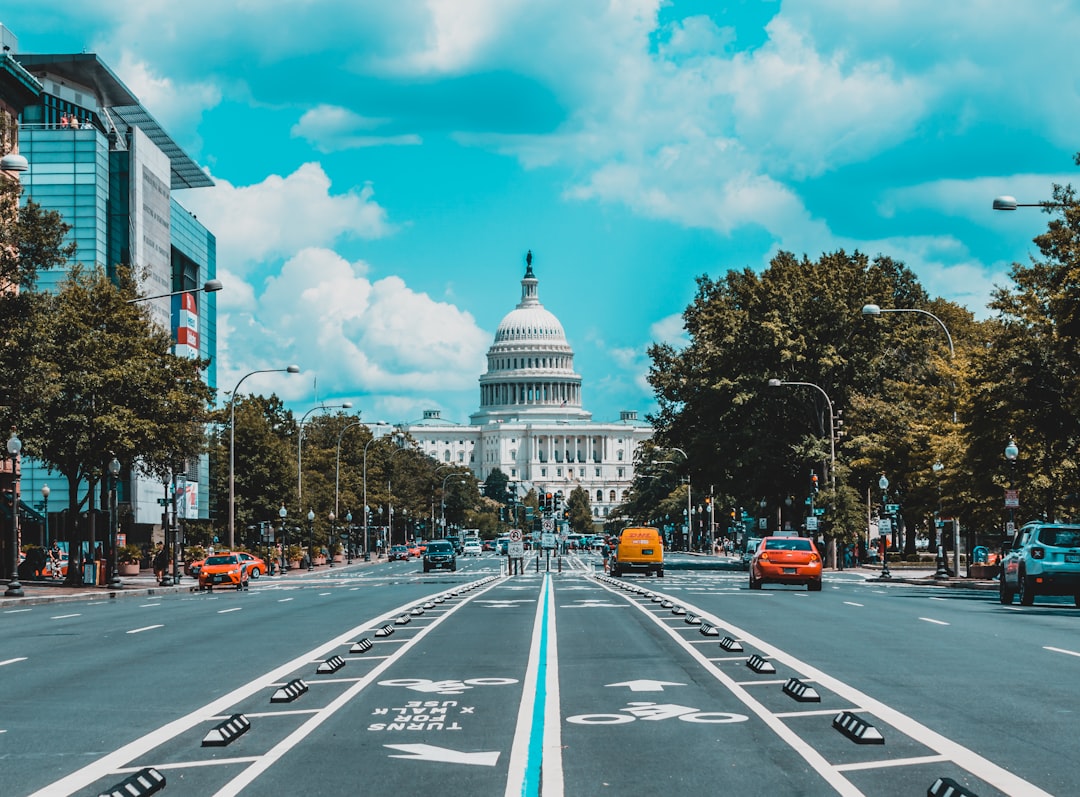
Dayton’s local laws regarding unwanted calls, often referred to as “Do Not Call” regulations, are designed to protect residents from relentless telemarketing and sales calls. These laws mirror national standards set by the Telephone Consumer Protection Act (TCPA), offering individuals greater control over their communication preferences. Understanding these legal protections is crucial for both consumers and businesses, especially with the ever-evolving landscape of phone communications.
In Washington, including Dayton, a “Do Not Call” list is maintained, allowing residents to register their telephone numbers and opt-out of most telemarketing calls. It’s essential to note that these laws have specific implications for businesses, particularly those engaging in sales or marketing activities. A Do Not Call Lawyer in Washington can guide both businesses aiming to comply with these regulations and individuals seeking recourse against persistent unwanted calls.
The Impact of the Blue Mountain Foothills Region on Unwanted Calls
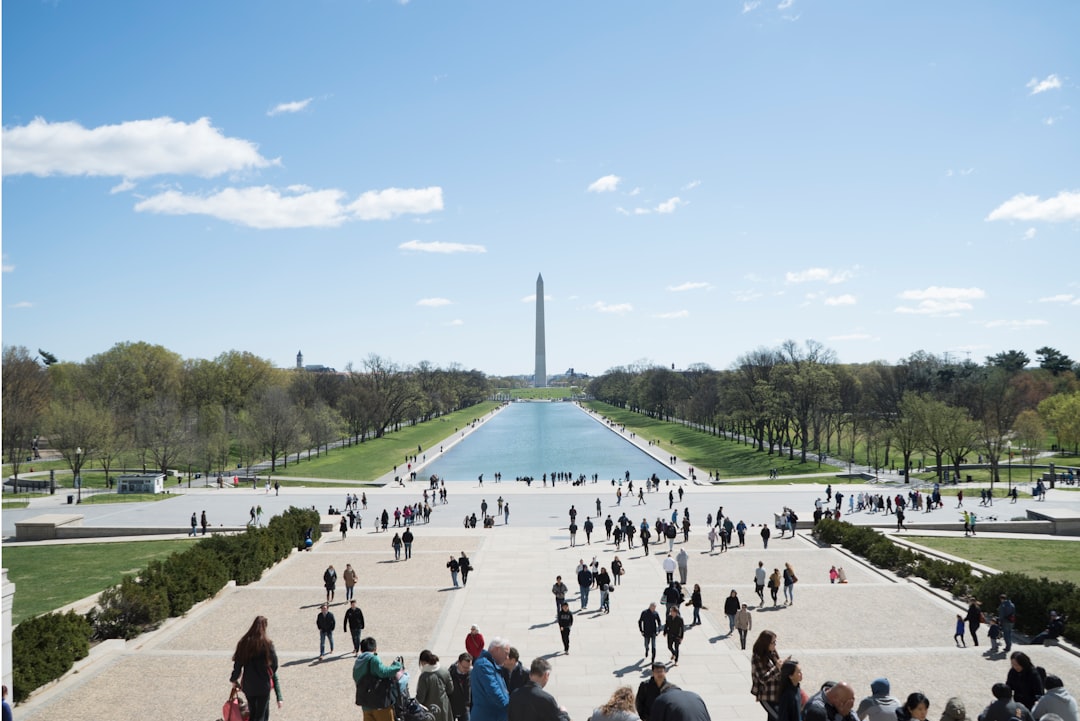
The Blue Mountain Foothills region, with its serene beauty and tranquil atmosphere, has become an attractive location for residents seeking a peaceful retreat from the hustle and bustle of urban life. However, this peaceful setting is not immune to the modern-day nuisance of unwanted calls, particularly those from telemarketers. The area’s rolling hills and lush forests, while aesthetically pleasing, can also provide excellent signal strength for mobile networks, making it an ideal spot for call centers to operate. This convergence has led to a unique challenge: how to enjoy the serenity without being disturbed by relentless sales pitches.
Dayton, nestled within this picturesque landscape, has taken a proactive approach to tackle the issue of unwanted calls through legislation and community initiatives. By empowering residents with knowledge about their rights and implementing strict Do Not Call laws, Dayton aims to protect its citizens from intrusive telemarketing practices. A Do Not Call Lawyer Washington can offer valuable guidance on navigating these regulations, ensuring that both businesses and individuals understand their responsibilities in this regard. This collective effort promises a more peaceful co-existence for the region’s residents and nature enthusiasts alike.
Strategies for Businesses: Navigating Washington's Do Not Call Lawyer Requirements

Businesses operating in Washington state must adhere to strict guidelines regarding unwanted calls, particularly those from telemarketers. Navigating Washington’s Do Not Call Lawyer requirements is essential to ensure compliance and protect consumers’ rights. One effective strategy for businesses is to implement a robust opt-out system, allowing potential customers to easily register their numbers to stop receiving calls. This can be done through dedicated landing pages on websites or by providing multiple contact options during the initial outreach.
Additionally, utilizing technology that facilitates accurate caller identification and mapping can help businesses filter out legitimate opt-outs and avoid unnecessary legal complications. By investing in Do Not Call Lawyer Washington services, companies can streamline their processes, enhance customer satisfaction, and foster a positive reputation while adhering to the state’s stringent regulations.
Protecting Your Rights: A Step-by-Step Guide to Handling Unwanted Calls

Unwanted phone calls can be a nuisance and even a violation of your privacy. If you’re facing a barrage of unsolicited sales or marketing calls, it’s important to know your rights and take action. Here’s a step-by-step guide on how to handle these intrusions effectively.
First, familiarize yourself with federal and state regulations regarding unwanted calls, such as the Telephone Consumer Protection Act (TCPA). Many areas have strict rules against robocalls and telemarketing calls made without your consent. Second, register your phone number on the National Do Not Call Registry. This federal list helps prevent unsolicited sales calls from businesses. Third, take note of who is calling and how they got your number; this information can be crucial if you decide to file a complaint. Fourth, document the calls, including dates, times, and the content of each interaction. Lastly, consider consulting a Do Not Call Lawyer in Washington if the calls persist or if you believe your rights have been violated, ensuring that unwanted callers respect your privacy and preferences.
